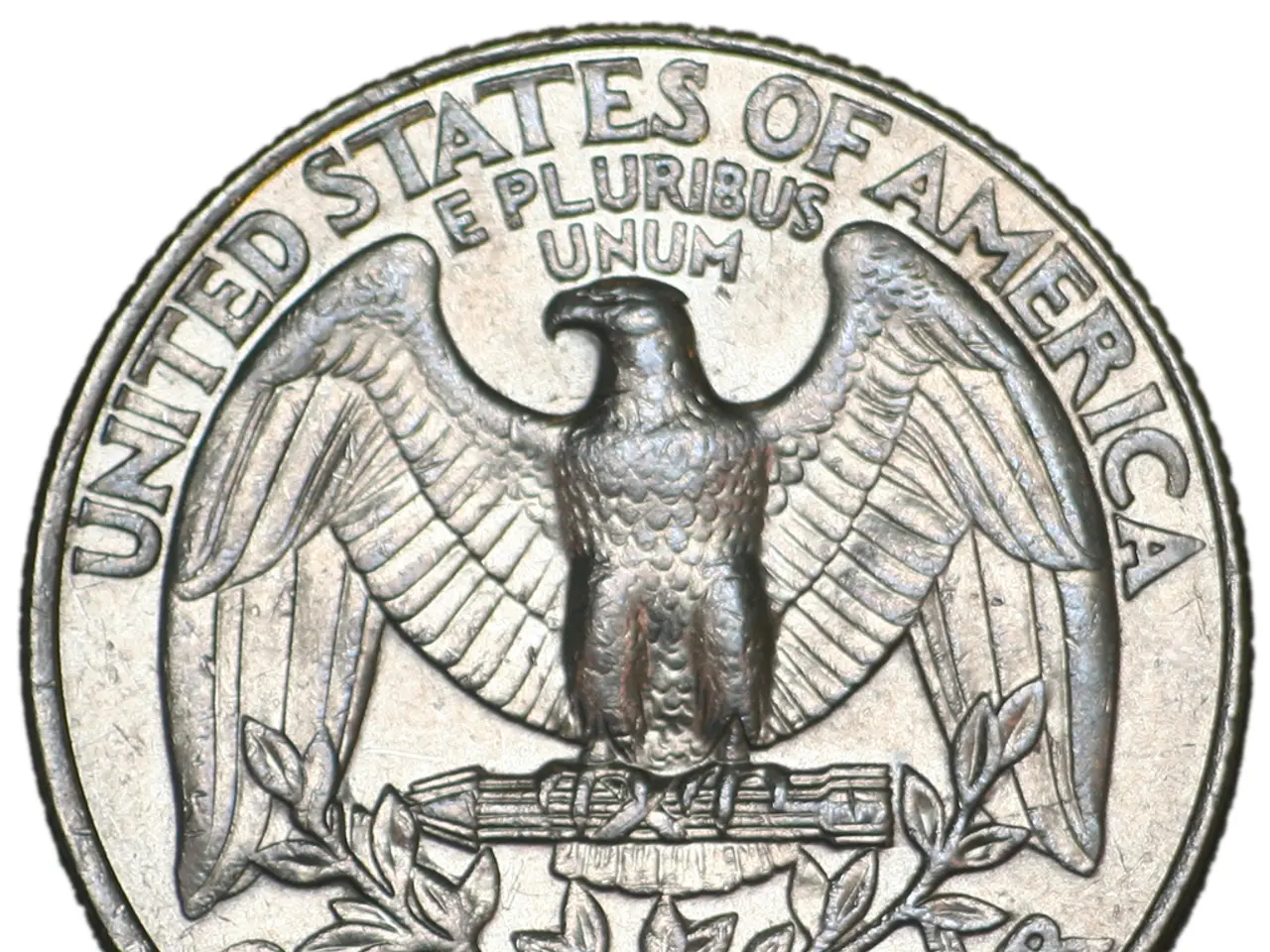Denmark's Strategy Against Deepfakes: Granting Citizens Intellectual Property Rights over Their Own Images
In a significant stride towards protecting individuals from AI-generated deepfakes and digital manipulations, Denmark is set to introduce an amendment to its copyright law that grants automatic ownership and copyright over an individual's likeness, including their face, body, and voice [1][2][3][4][5]. This move, spearheaded by Danish Culture Minister Jakob Engel-Schmidt, aims to unequivocally protect people's right to their own body, voice, and facial features [1][2].
The proposed amendment seeks to give every Danish citizen explicit rights over their personal characteristics against unauthorized digital replication. This includes the ability to demand the removal and seek compensation for the distribution of deepfake content without consent, and to obligate online platforms to take down such content upon notification [2][3]. Exemptions will be made for satirical or parodic content to balance freedom of expression. Additionally, performing artists will be specifically protected against unauthorized deepfake reproductions of their performances [2][3].
Minister Engel-Schmidt described this as a necessary protection against the misuse of digital imitations, framing deepfakes as a potential "real democratic problem" due to their ability to spread quickly online and influence public perception [1][2]. Denmark plans to use its upcoming presidency of the EU to encourage other member states to adopt similar laws, marking this as the first of its kind in Europe [1][3].
In contrast, the approach in the United States is more fragmented and less comprehensive. While there is heightened awareness and discussions around deepfakes and personal likeness rights, U.S. laws tend to focus on privacy rights and image rights varying by state, specific legislation targeting malicious uses of deepfakes, and the intersection of existing copyright, defamation, and right of publicity laws [1][2]. Federal initiatives or bills proposed to tackle deepfake harms generally emphasize disclosure requirements and criminalizing harmful content but do not grant individuals automatic copyright over their likeness [1][2].
The United States has passed the Take It Down Act earlier this year, which gives people the right to request the removal of nonconsensually shared sexually explicit images of them [1]. However, this bill is narrowly defined compared to the Danish proposal, which covers "realistic, digitally generated imitations" of an artist's performance without consent [1].
The Danish proposal, if passed, would establish severe fines for non-compliant tech platforms [3]. The person impersonated in a deepfake could seek compensation under the proposed amendment. The proposal is expected for a parliamentary vote this fall in Denmark.
This Danish initiative highlights a shift towards affirming personal digital identity rights in law as AI deepfake technology becomes more prevalent and impactful. While the U.S. is progressing through a patchwork of privacy, intellectual property, and criminal laws without a unified framework specifically addressing deepfake likeness copyright [1][2], Denmark is setting a new standard in Europe and potentially globally with its novel automatic copyright ownership model on personal likeness to combat AI deepfakes.
- The Danish proposal, if passed, would establish a new standard in Europe and potentially globally, as it seeks to grant automatic copyright ownership over an individual's likeness, including their face, body, and voice, to combat AI-generated deepfakes and digital manipulations.
- In contrast, the approach in the United States is more fragmented, focusing on privacy rights and image rights that vary by state, with less comprehensive legislation targeting the malicious use of deepfakes.
- Gizmodo reports that the Danish initiative, spearheaded by Culture Minister Jakob Engel-Schmidt, would allow every Danish citizen to demand the removal and seek compensation for the distribution of deepfake content without consent, and to obligate online platforms to take down such material upon notification.




